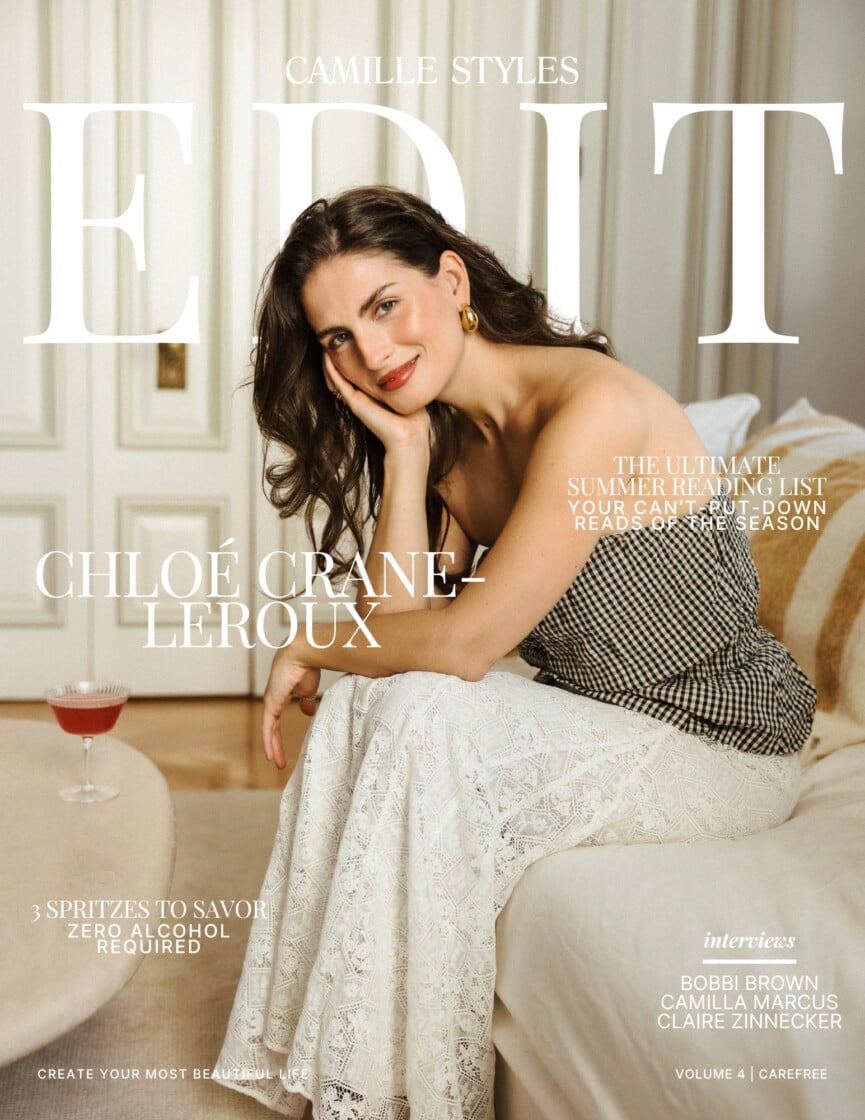Inflation, indulgence, influence: The changing nature of premium shopping
New research shows distinct differences in how Gen Z and younger millennials shop for premium products, ranging from the indulgent to a quest for authenticity.

With their expanding influence, Gen Z and younger millennials are poised to own the growth in premium products. They possess a set of values and ideals that are radically different from previous generations. Moreover, their taste for indulgence is unwavering, regardless of market climate, such as the current inflationary one.
Advantage Unified Commerce’s primary study unpacks these values and opportunities for premium products. While the traditional definition of premium still has resonance, our research shows that these audiences are not status-seekers as much as they are passionate about products that integrate with their values and connect with them in a more personal way.
Even though they are different from other generations, Gen Z and young millennials (those born between years 1982 and 2010) are united in shared expectations of purpose, inclusivity, access, experience and empathy. These five expectations set the foundation for brands to win their wallets and loyalty.
However, there are some important and unique differences. Millennials—perhaps no older than 40, and often quite younger—tend to be driven by the pursuit of authenticity and truth, looking for differentiation and ownership, a way to prove themselves to the world and make a notable difference compared with previous generations. Millennials see themselves as curators, expecting brands to deliver experience and a way to participate with the brands they love.
Gen Z, however—roughly those under 30—live with an open-minded mentality for exploration and a drive to live “out loud.” Seeing themselves as creators, they want brands to let them lead and author, reflecting their true reality and passions.
Ultimately, this culminates in a clear distinction: Millennials look for the aspirational, while Gen Z seeks intentional premium experiences.
The idea of ‘premium’ is shifting
Although most definitions of “premium” remain tried-and-true, the expectation and intent behind those definitions are shifting. Our study found a steep decline in the number of consumers willing to pay more for products that simply possess the traditional qualities of premium, such as status and exclusivity. In contrast, when asked about the role these products play in their lives, they cited "pride," "feel good" and "self-celebration" as primary. This stands in stark contrast with the concern for outward presentation and how others see them, which is cited by older generations.
Of course, we can’t ignore the current market climate, especially around inflation. There is no doubt that inflation and the economy are top concerns for consumers, with 72% being "most concerned" about the financial impacts of economic uncertainty. It is also not surprising that inflation (52%) and fuel expenditures (67%) are top-of-mind over COVID (24%) and sociopolitical issues (18%).
There is a tendency to believe that impending inflation and/or recessionary discussions imply a steep decline in the appeal of premium products, and to some degree that is true. But there are exceptions to every rule. Traditional key indicators are breaking, and a good deal of discretionary spending is taking the path less traveled.
And our research confirms this. Consumers report no intent to walk away from premiumization in the face of inflation, with 65% planning to purchase premium over the next 12 months. They define “premium” as being worth the purchase with "added value, proof of value, performance, inclusion and shareability."
What is unique is the way these consumer groups are making ”micro-concessions” instead of major or dramatic reductions in spending. Much of this is driven by consumers' crisis fatigue and insistence on enjoying life on their terms. This manifests itself in such measures as shifting from big travel to local experiences (71%), and from mainstream events to local entertainment (31%).
However, many are simply refusing to give up their plans and are seeking alternative streams of income (42%) and working hard so they can play hard. The “side hustle” trend has taken a deviation, from passion projects to additional sources of income.
Seeking indulgent moments
Staying true to their self-definition, this prioritization of enjoyment and fulfillment in the face of current conditions is giving way to behaviors that can be attributed to the unrelenting pursuit of creativity and optimism. They have been, and continue to be, driven to discover and resolved to make up for lost time.
While remaining aware and selectively frugal, they are intentional in seeking indulgent moments to upscale everyday occasions. High emphasis on escapism and the opportunity to momentarily set aside their troubles is a priority, actively seeking well-being, fun and happiness. This is a coping mechanism referred to by psychologists as "happiness micro-dosing.”
To continue to defy the odds and resist inflation, brands must deliver beyond the traditional commodities of the category, by helping facilitate and support the drive for discovery, happiness and indulgence. In perpetual curation and creation modes, respectively, millennials and Gen Zers want to spend money on more meaningful products that resonate with their lifestyles. It is important for premium brands to reflect on how they are empowering consumers and creating meaningful, loyalty-defining moments.

 Astrong
Astrong 


























.jpg)





